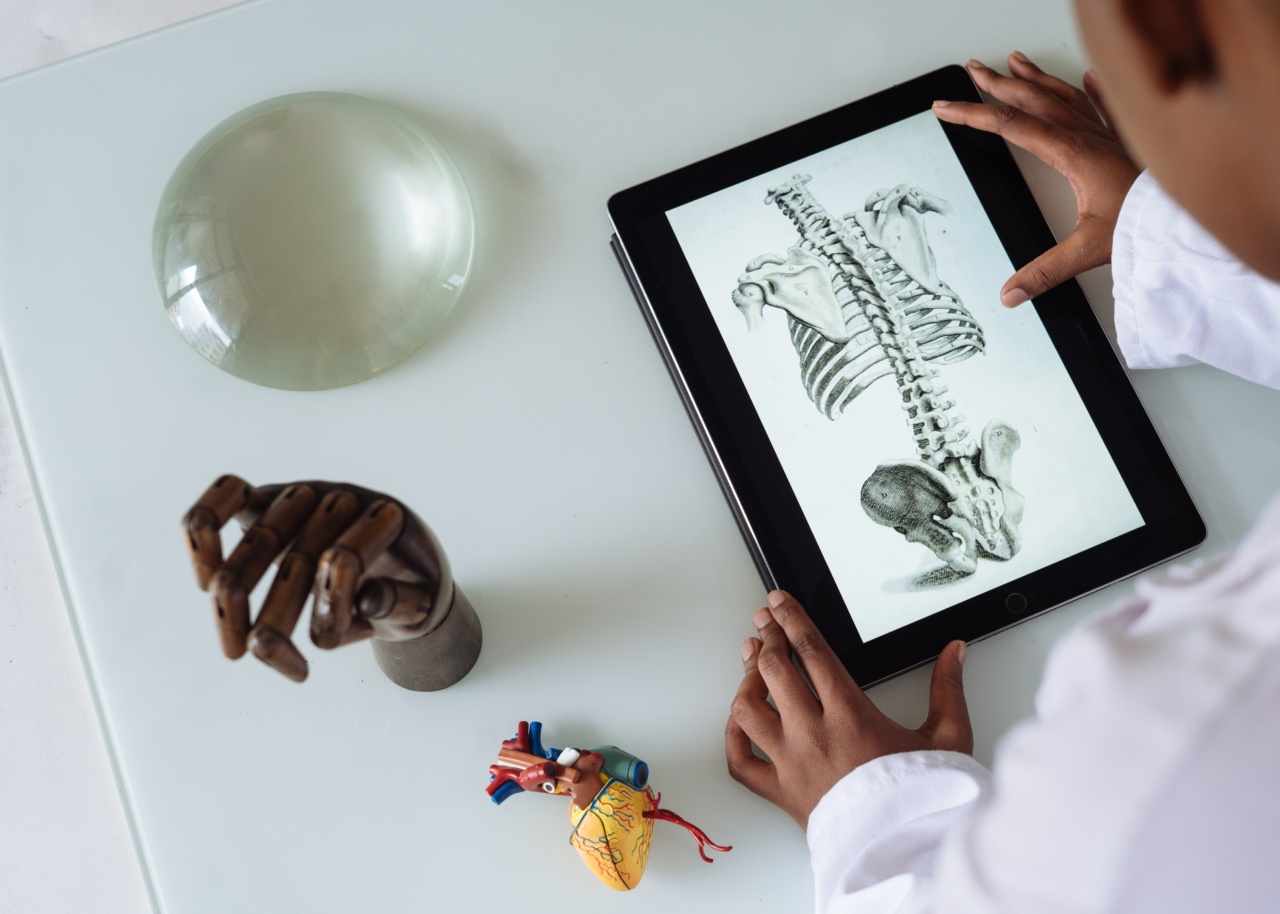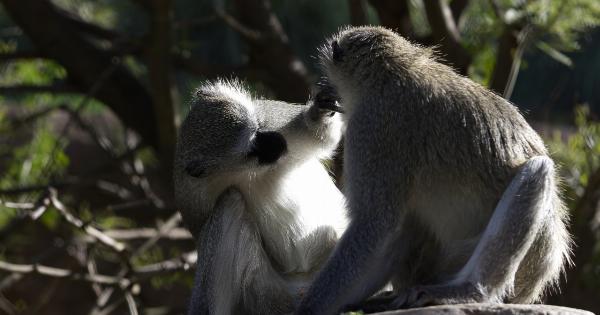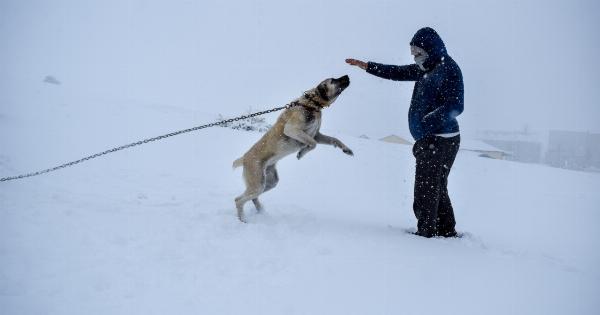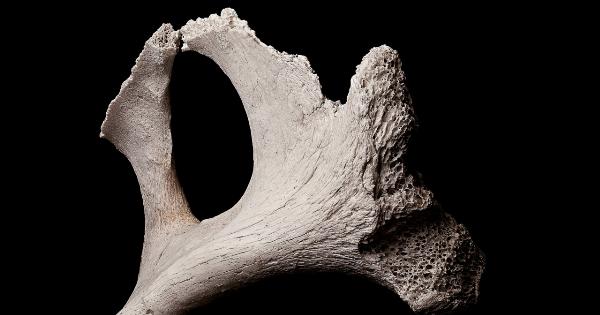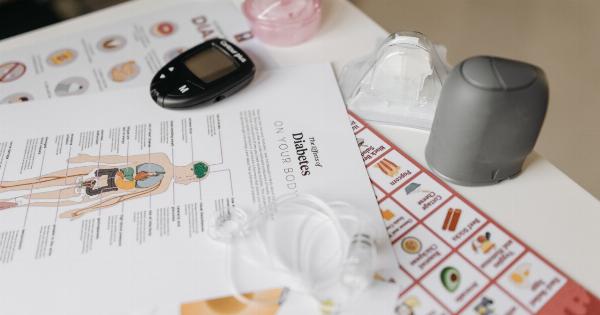Permission-seeking is an important aspect of the scientific community, as researchers need to obtain approval or consent for various activities related to their work.
Whether it is seeking permission to conduct experiments on human subjects, use certain materials or data, or collaborate with other scientists, obtaining the necessary permissions is crucial to ensure ethical conduct and proper research practices. In this article, we will delve into the insights provided by scientists on the process of permission-seeking and its significance in the field of science.
1. The Ethical Imperative
When it comes to scientific research, obtaining permission is an ethical imperative. Scientists acknowledge the importance of seeking permission as it ensures that the rights and well-being of participants and stakeholders are protected.
Researchers are ethically bound to obtain informed consent from human subjects before conducting any experiments or studies involving them. This principle of informed consent is a cornerstone of ethical research and promotes transparency and respect for individual autonomy.
2. Collaboration and Networking
Scientists understand that seeking permission is not only relevant within their own research projects but also when it comes to collaborating with other researchers.
Permission-seeking plays a vital role in fostering collaboration and networking among scientists. Prior to initiating any collaborative project, scientists must seek permission from their potential partners to access their data, materials, or resources.
This practice ensures that all parties involved are aware of and agree to the terms of collaboration, fostering trust and productive teamwork.
3. Access to Data and Resources
In the realm of scientific research, securing permission is often necessary to access valuable data and resources. Many scientific breakthroughs are made possible by the accumulation and analysis of extensive datasets.
However, these datasets are often protected by intellectual property rights, data-sharing agreements, or privacy regulations. Scientists must obtain the necessary permissions, licenses, or agreements to access such data and resources, ensuring compliance with legal and ethical requirements.
4. Human Subject Research
When it comes to research involving human subjects, scientists emphasize the need for permission-seeking as a means to protect the rights and welfare of study participants.
Before conducting any research on human subjects, scientists must obtain approval from relevant ethical review boards or institutional review boards (IRBs). These boards evaluate research proposals to ensure that the study design is ethical, minimizes the potential risks, and safeguards the rights and well-being of the participants.
5. Ensuring Reproducibility
In the scientific community, reproducibility is of utmost importance. Obtaining permission is a crucial step in ensuring that research findings can be reproduced by other scientists.
When scientists seek permission to use particular materials, methods, or techniques, they gain access to the necessary tools and information required for successful replication of the study. This transparency and reproducibility are essential for verifying scientific claims and building upon previous research.
6. Safeguarding Intellectual Property
For scientists involved in inventions, innovation, or proprietary research, seeking permission is necessary to protect their intellectual property.
Researchers must obtain appropriate permissions, patents, or licenses to ensure they have legal ownership and control over their discoveries. This safeguards their rights and allows them to pursue commercialization, collaboration, or further research while maintaining control over their intellectual property.
7. Maintaining Professional and Legal Standards
Scientists acknowledge the significance of adhering to professional and legal standards in their research endeavors. Seeking permission is a means to uphold these standards.
Whether it is seeking permission to conduct certain experiments, use copyrighted materials, or access restricted areas, scientists understand that obtaining proper authorization ensures compliance with legal requirements and ethical guidelines.
8. Building Trust with the Public
Permission-seeking plays a crucial role in building trust between scientists and the public. By obtaining permissions and consents, researchers demonstrate their commitment to transparency and accountability.
This helps in dispelling any concerns or suspicions the public may have regarding the ethical conduct of scientific research. Building trust is ess ential for scientists to effectively communicate their findings to the public and gain support for their work.
9. Addressing Societal and Environmental Concerns
Scientists recognize that certain research activities might raise societal or environmental concerns. In such cases, permission-seeking becomes even more significant.
By seeking permission from relevant authorities, scientists demonstrate their acknowledgment of and commitment to addressing these concerns. Seeking public and stakeholder input, involving the community, and obtaining permissions are ways in which scientists can mitigate any potential negative impacts their research may have on society or the environment.
10. Challenges and Considerations
While seeking permission is important, scientists also face challenges and considerations in the process. The bureaucratic procedures involved in obtaining permissions can sometimes be time-consuming and hinder the progress of research.
Striking a balance between obtaining permissions in a timely manner and ensuring sufficient ethical oversight can be a delicate process. Additionally, navigating the complexities of intellectual property rights, data-sharing agreements, and international collaborations can pose unique challenges to scientists seeking permissions.
Conclusion
Permission-seeking is an integral part of scientific research, promoting ethical conduct, collaboration, and transparency.
Scientists understand the importance of obtaining permissions for interaction with human subjects, accessing data and resources, fostering collaborations, safeguarding intellectual property, adhering to legal standards, building trust with the public, and addressing societal concerns. While challenges exist, scientists recognize that seeking permissions is necessary to ensure responsible and impactful research.
By navigating the complexities of permission-seeking, scientists can continue to advance knowledge and contribute to the betterment of society.
